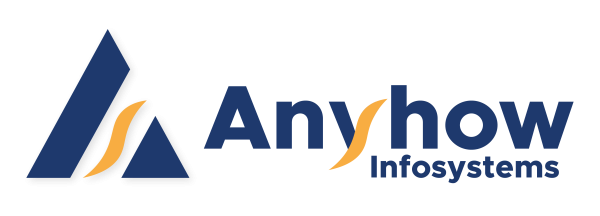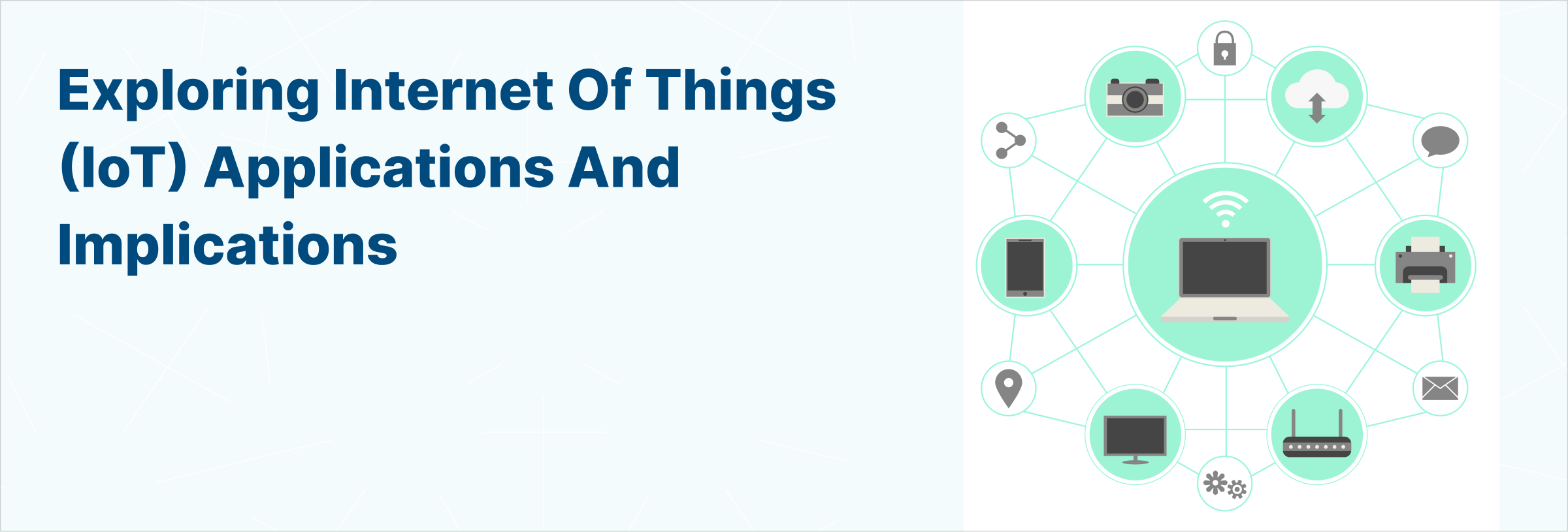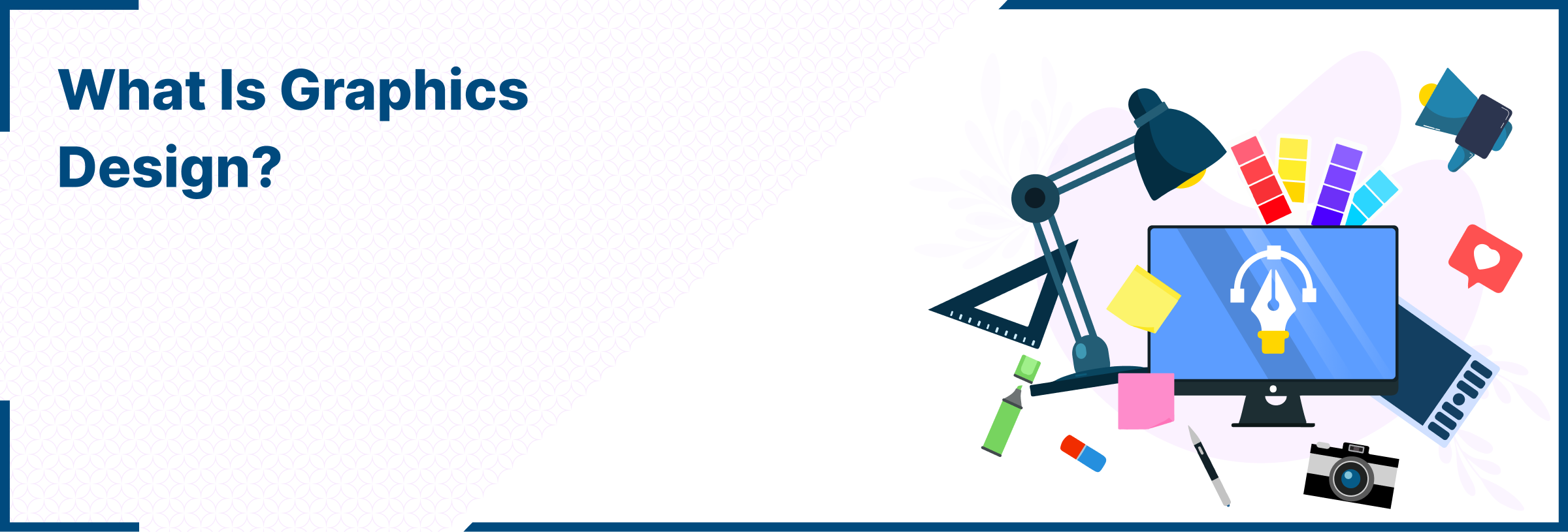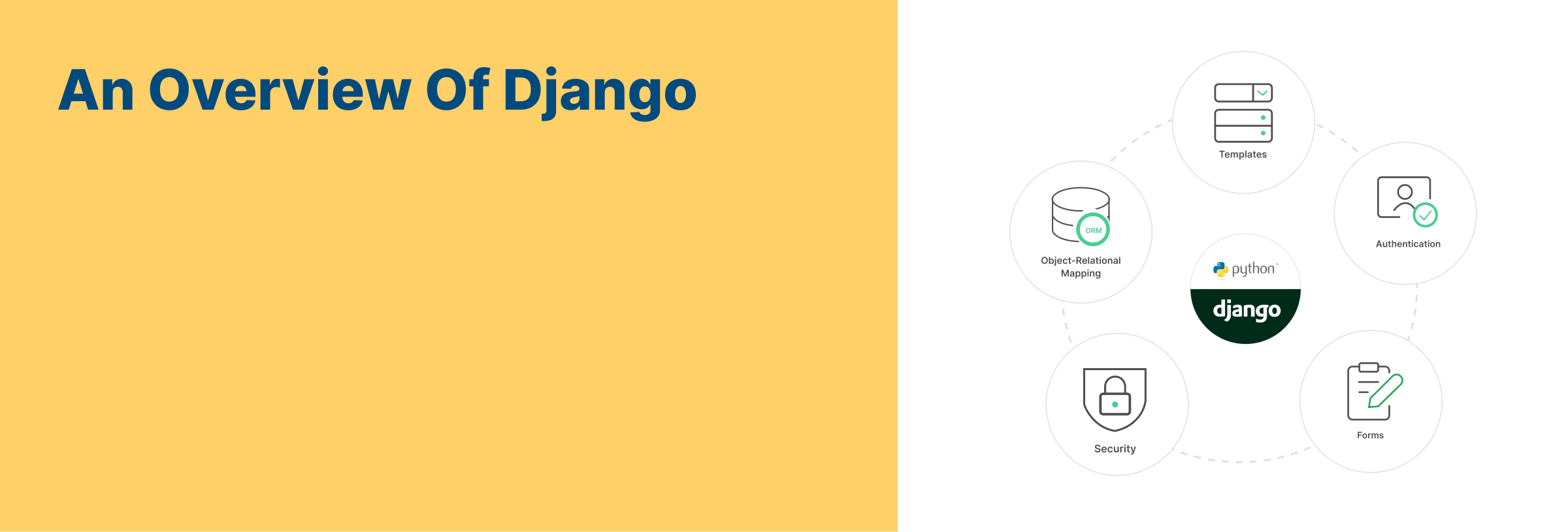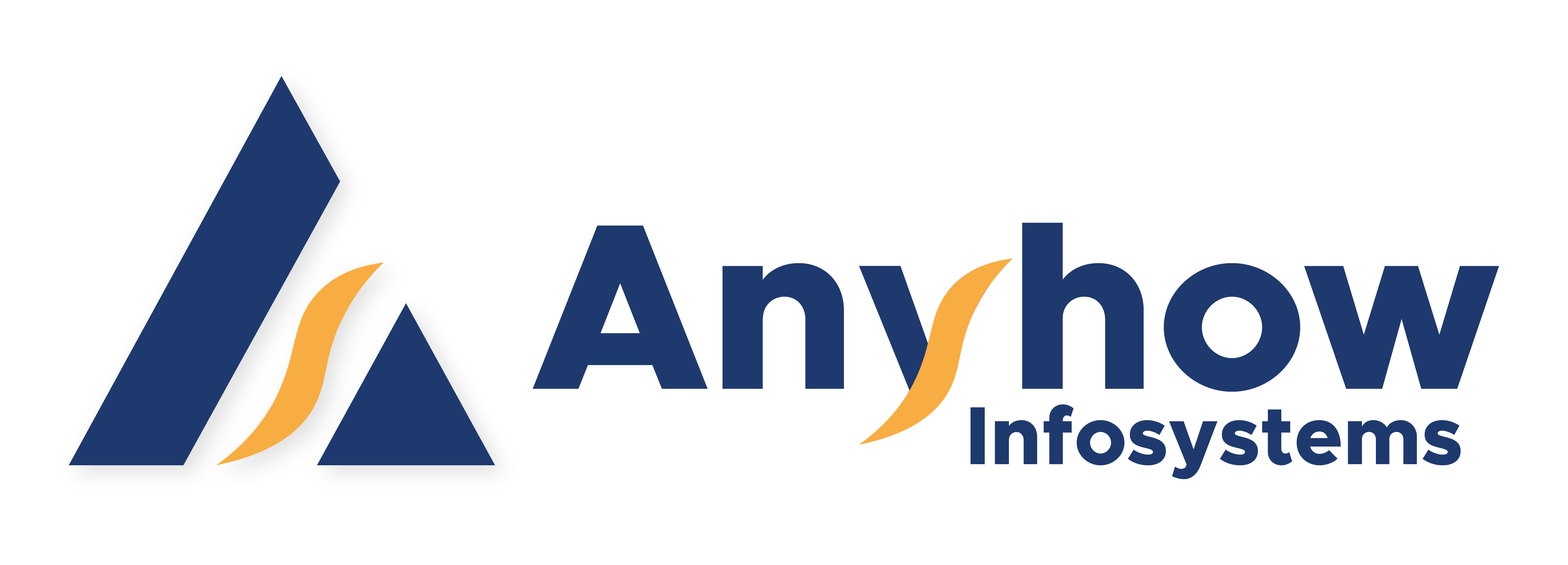Exploring Internet of Things (IoT) Applications and Implications
The Internet of Things (IoT) has emerged as a transformative technology, connecting everyday objects to the internet and enabling them to collect, analyze, and exchange data. This interconnected ecosystem of devices holds immense potential to revolutionize various industries and aspects of daily life. In this blog, we’ll delve into the applications and implications of IoT, exploring how it is reshaping the way we live, work, and interact with the world around us.
Applications of IoT:
- Smart Home Automation: IoT-enabled devices such as smart thermostats, lighting systems, security cameras, and appliances allow homeowners to automate and control various aspects of their homes remotely. This enhances convenience, energy efficiency, and security.
- Healthcare Monitoring: IoT devices, such as wearable fitness trackers and medical sensors, enable real-time monitoring of vital signs, medication adherence, and patient health status. This facilitates proactive healthcare management and remote patient monitoring, especially for elderly or chronically ill individuals.
- Industrial IoT (IIoT): In manufacturing and industrial settings, IoT technologies facilitate predictive maintenance, asset tracking, inventory management, and process optimization. Connected sensors and equipment provide valuable insights, enhance productivity, and reduce downtime.
- Smart Cities: IoT infrastructure in urban environments enables efficient management of resources, traffic flow, public transportation, waste management, and emergency response systems. Smart sensors and data analytics improve urban planning, sustainability, and citizen services.
- Agriculture and Environmental Monitoring: IoT applications in agriculture involve precision farming techniques, soil monitoring, crop health monitoring, and automated irrigation systems. Environmental IoT sensors monitor air and water quality, weather conditions, and ecosystem health, aiding in conservation efforts and disaster management.
Implications of IoT:
- Data Privacy and Security: The proliferation of IoT devices raises concerns about data privacy and security. As devices collect and transmit vast amounts of personal and sensitive data, there is a risk of unauthorized access, data breaches, and privacy violations. Robust security measures, encryption protocols, and regulatory frameworks are essential to mitigate these risks.
- Interoperability and Standards: The diverse ecosystem of IoT devices often lacks interoperability and standardized communication protocols. This fragmentation hinders seamless integration and data exchange between devices from different manufacturers. Efforts to establish industry standards and interoperability frameworks are crucial for the widespread adoption of IoT technologies.
- Ethical and Societal Impact: IoT technologies raise ethical considerations regarding data ownership, consent, algorithm bias, and societal implications. Concerns about surveillance, data profiling, and autonomy in decision-making highlight the need for transparent policies, ethical guidelines, and public discourse on IoT governance.
- Environmental Sustainability: While IoT solutions offer opportunities for resource optimization and environmental monitoring, the proliferation of electronic devices contributes to e-waste and energy consumption. Sustainable design practices, energy-efficient technologies, and responsible disposal and recycling initiatives are imperative to mitigate the environmental footprint of IoT deployments.
The Internet of Things (IoT) represents a paradigm shift in how we interact with technology and the physical world. From smart homes and cities to healthcare, agriculture, and industry, IoT applications are reshaping our environments and daily experiences. However, realizing the full potential of IoT requires addressing challenges related to privacy, security, interoperability, ethics, and sustainability. By fostering collaboration, innovation, and responsible deployment practices, we can harness the transformative power of IoT to create a more connected, efficient, and sustainable future.
